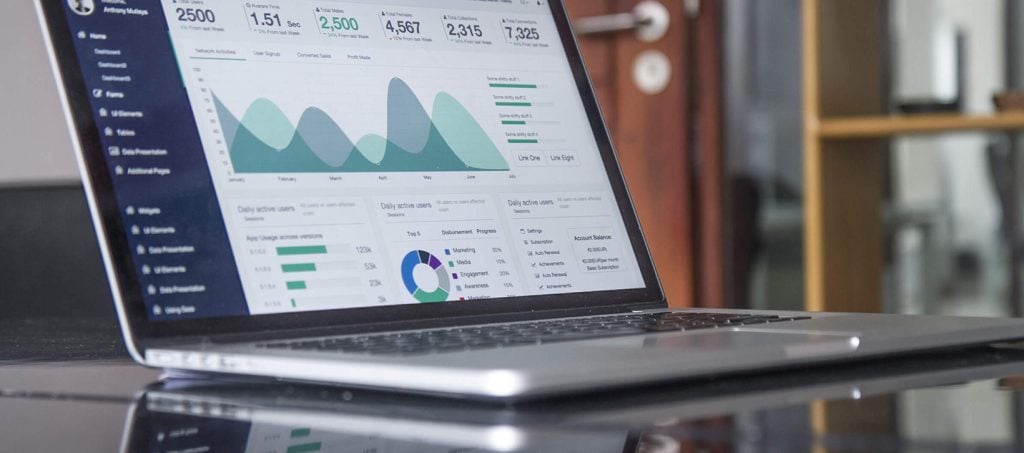A Meeting Of The Minds: Fair Value Vs. Historical Cost Accounting
Fair value accounting has been on the ascent for the past several decades because of it’s self-titled “fairnessâ€, but how fair is it? An alternative option to fair value accounting is historical cost. Within the economic world, there are many proponents of fair value, and others favor historical cost. So what’s the difference? Here we […]
Fair value accounting has been on the ascent for the past several decades because of it’s self-titled “fairnessâ€, but how fair is it? An alternative option to fair value accounting is historical cost. Within the economic world, there are many proponents of fair value, and others favor historical cost. So what’s the difference? Here we will take a deeper look into each of the methods, and the pros and cons of them.
Question: What is fair value?
Answer: Simply put, fair value is the estimated value of all assets and liabilities of an acquired company.
Question: What is the historical cost?
Answer: This style of accounting is based on the original monetary value of an item.
With that said here is where the argument lies: proponents of fair value accounting say that it is more relevant because it captures market trends, depreciation, etc. This measurement of change seemingly makes the value points more current. On the other side, historical cost accounting is typically looked at as more conservative, which can also be perceived as reliable.
This debate between which style of accounting has been a topic of conversation for many years. Fair value accounting was widely used in the 19th and early 20th centuries. When the US economy collapsed in the 1920’s many economists pointed their fingers at a fair value accounting system and it’s tendency to overstate values of assets. Critics of fair value still to this day claim that that fair value accounting leads to excessive write-downs of banks’ assets. (These same critics place blame on the downfalls of the economy in the 1980s and in 2007).

Needless to say, once the damage was beginning to repair in the late 1930’s most accountants preferred to use historical cost accounting for its reliability and accuracy. It sounds like historical cost accounting should be the way to go, right?
Unfortunately, it’s not that simple. In most countries, primary financial statements are prepared on the historical cost basis of accounting without regard either to changes in the general level of prices or to increases in specific prices of assets held. Ignoring price changes also leads to discrepancies on a financial statement such as:
If inflation occurs historical cost accounting does not factor in the loss of value to monetary assets.
Opportunity costs of older properties that may be on more or less valuable land are not calculated.
No current values of assets are taken into consideration.
So as you can see the concept of historical cost has its flaws as well. Under close observation, both systems appear to offer valuable information, but can also lead to a very skewed look into an economic situation.
Here is where the meeting of the minds comes into play. We are curious to hear what you think: What is the relationship between accounting standards? Do you think that fair value accounting has more of a systemic risk than historical cost accounting? Send us an e-mail or leave us feedback on Facebook.






